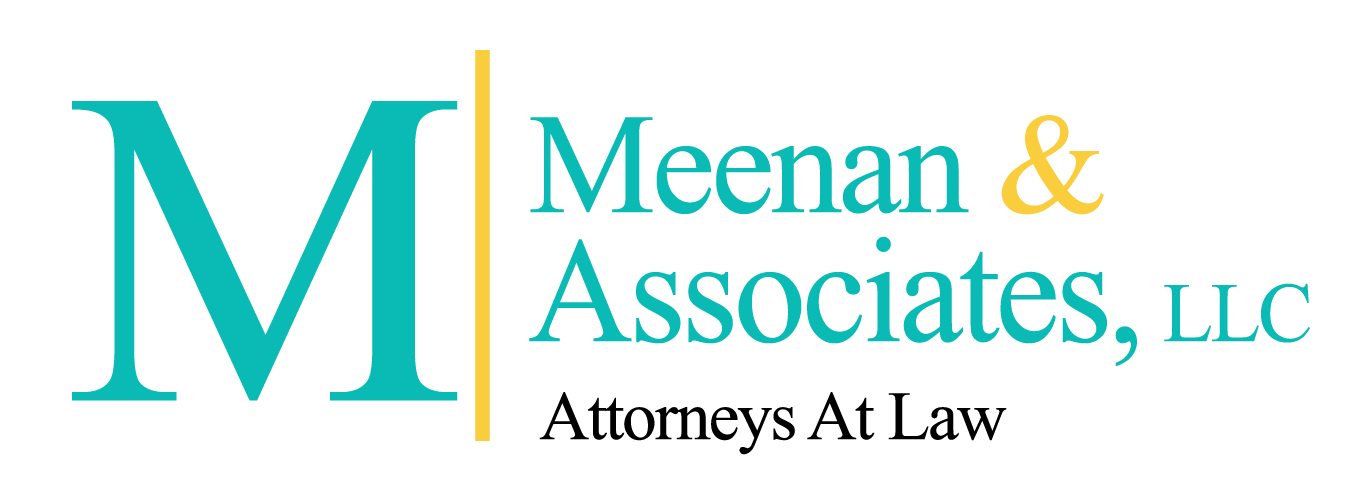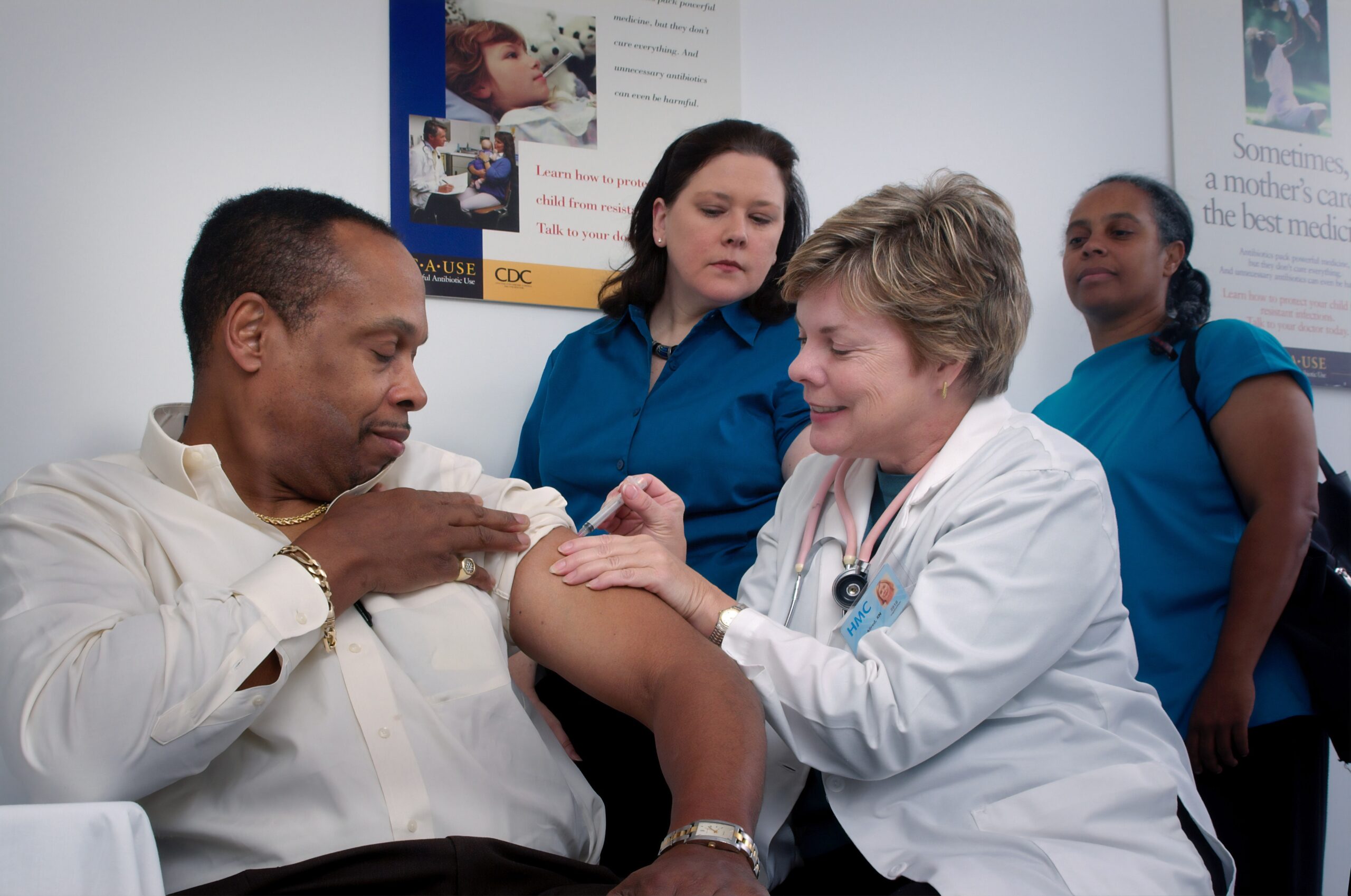Health Care Providers May Not Discriminate Against the Disabled and Elderly in COVID-19 Treatment
Recently, the shortages of medical staff and equipment, including the anticipated shortage of ventilators, has resulted in discussion of how these critical and scarce resources should be allocated during the COVID-19 pandemic. Hospitals and their ethics boards are grappling with complex bioethical issues, such as the criteria to use to determine who should get a potentially life-saving ventilator if rationing becomes necessary. The Americans with Disabilities Act (ADA), as amended by the Rehabilitation Act, prohibits covered health care providers from discriminating against individuals on the basis of certain protected categories, including age and disability. However, discussions of these resource allocation issues suggesting that healthy and young individuals would have priority of access over older and sick people have raised concerns of potential discrimination against the elderly and disabled.
The Office for Civil Rights of the U.S. Department of Health and Human Services (DHHS) recently issued a bulletin reiterating that DHHS-funded health programs may not discriminate on the basis of, inter alia, disability or age. Regardless of the pandemic, medical care may not be denied to a person with disabilities based on “stereotypes, assessment of quality of life, or judgments about a person’s relative ‘worth” based on the presence or absence of disabilities.” The guidance reminds health care providers covered by the ADA that decisions regarding medical treatment must be individualized, and not based on broad categorizations such as age and disability. Nevertheless, as a practical matter, given the likely anticipated shortages of ventilators and potentially even ICU hospital beds, the COVID-19 pandemic will place the most vulnerable members of our populations in precarious situations. In effect, the sick and elderly will be “competing” with healthy and young individuals who likely have a much better prognosis for recovery, for access to life-saving treatment.
TeleMedicine under COVID-19 Pandemic
As guardianship practitioners in the midst of a pandemic, we are presented with unique challenges in ensuring that our and our clients’ wards, some of whom are already homebound, are able to receive the medical care that they desperately need. The U.S. Department of Health and Human Services (DHHS) has issued guidance to health care providers on the use of telemedicine services via remote technologies. The guidance effectively eases restrictions on providers with respect to patient privacy and cost-sharing, to facilitate the provision of telemedicine to, among others, elderly, disabled and severely ill patients.
DHHS issued a policy statement clarifying that health care practitioners will not be sanctioned for reducing or waiving a patient’s cost-sharing obligations (such as co-insurance or deductibles) for telemedicine services provided during the COVID-19 pandemic. Normally, medical practitioners subject to the anti-kickback and anti-fraud provisions of federal health care programs would risk administrative sanction by the Office of the Inspector General (OIG) of the U.S. DHHS for providing free or reduced-cost telemedicine services, which would be viewed as an illegal inducement for future referrals. The new policy has effectively removed that barrier to the use of remote technologies to facilitate the use of telemedicine.
Additional guidance issued by DHHS clarifies that health care providers covered under the Health Insurance Portability and Accountability Act of 1996 (HIPAA) may communicate with, and provide telemedicine services to, patients via remote communications technologies, even those are not fully HIPAA-compliant. The guidance permits the use of any non-public-facing remote communication platform or application, including Skype, FaceTime, Facebook Messenger video chat, Google Hangouts video, Zoom and Skype. However, the use of “public-facing” applications, such as Facebook Live, Twitch, and TikTok, is not permitted. Enforcement is premised on the principle of “good-faith,” and a provider’s use of non-public technologies will be deemed good-faith. Of course, it is recommended that providers inform patients of the potential privacy risks associated with these technologies, and that they fully enable encryption methods and privacy settings.
Related, the Centers for Medicare & Medicaid Services has issued a fact sheet on Medicare coverage and payment of virtual services. A new waiver will allow Medicare to pay for office, hospital and other visits provided remotely by physicians, nurse practitioners, clinical psychologists and licensed clinical social workers. Payments to providers for telemedicine services will be at the same rates as in-office visits. As a practical matter, this will ensure that Medicare beneficiaries, who are often elderly or disabled, can access medical care remotely during the pandemic, and eliminate the risk created by travel to and in-person visits to doctors’ offices and hospitals.


